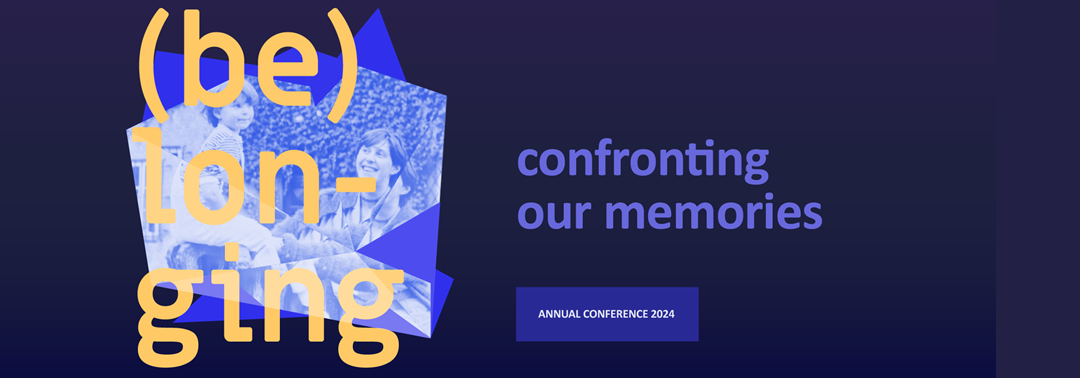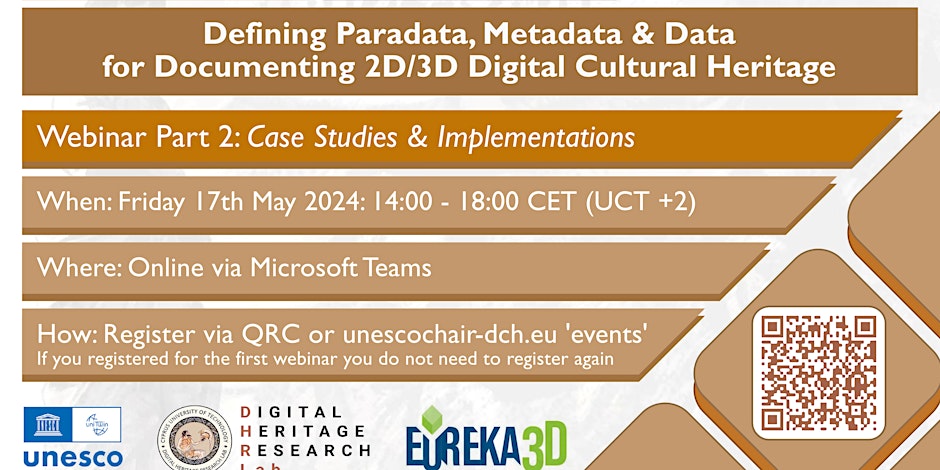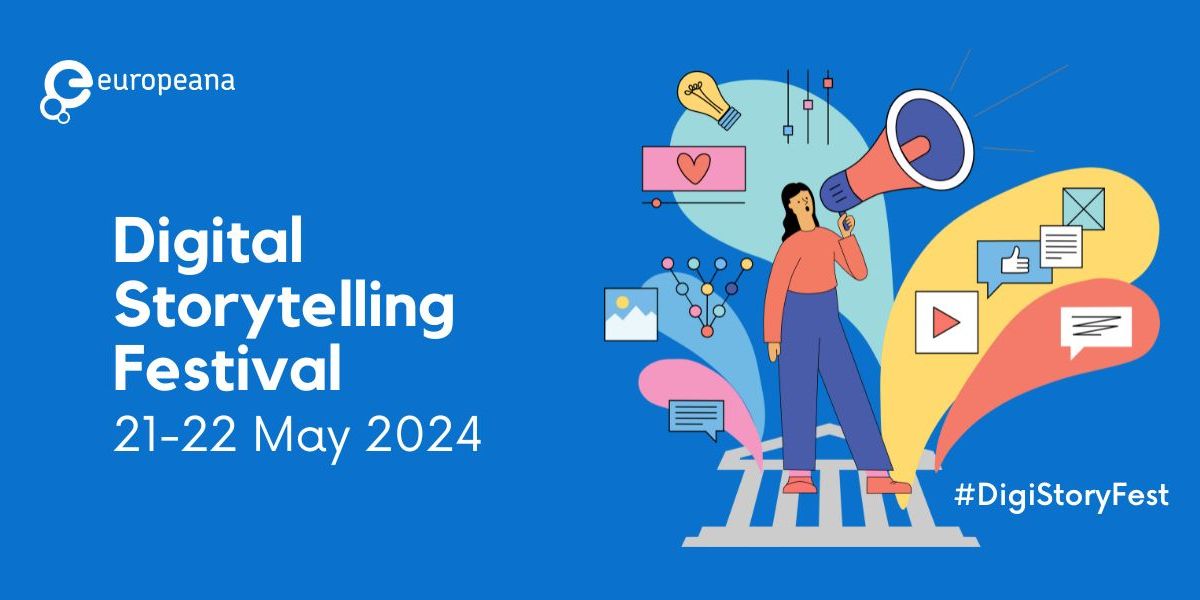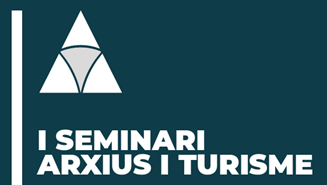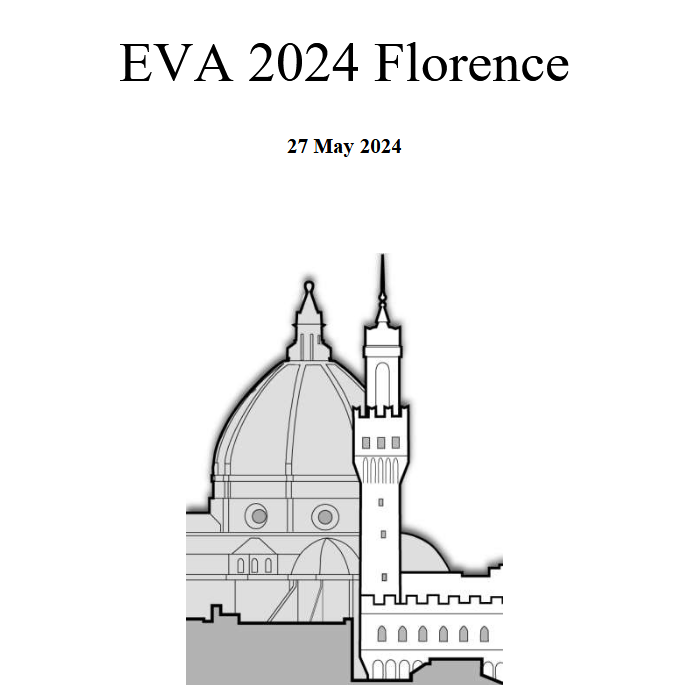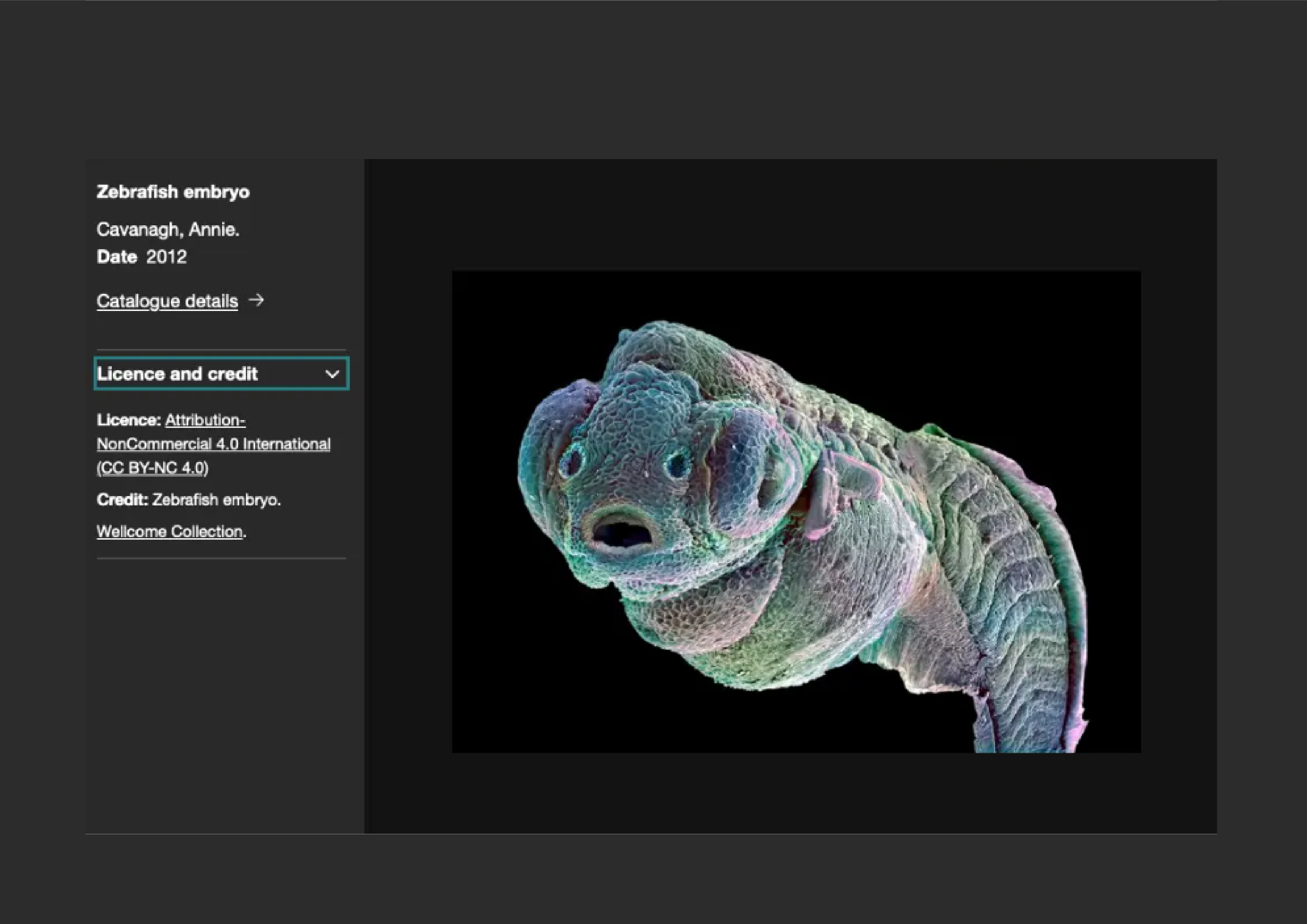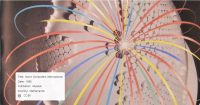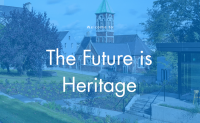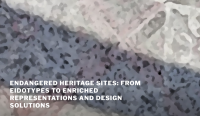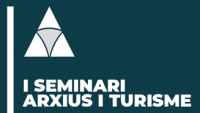The call for papers is open for a one-day workshop on Archaeology and Architecture in Europeana, organised by CARARE and hosted by the University of Lund, to be held in Lund on the 20th June 2018.
The physical remains of Europe’s rich heritage are all around us. From the historic houses we live and work in, the places we worship, places we visit to explore tombs, earthworks, architectural ruins or monuments to industries past, the museums we visit, the shape of our landscape and the ground beneath our feet. Digital technologies are widely used to capture the heritage for conservation and research, for analysis, to support learning and tourism, and for enjoyment.
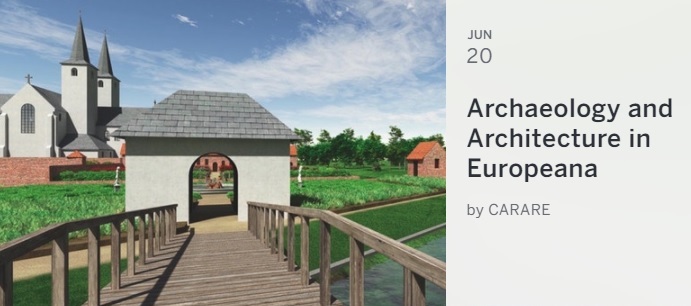 This workshop will explore how digital content for the archaeological and architectural heritage can be made available to users of Europeana, experiences and best practices in providing content, and potential re-uses of the content for education, tourism and researchers.
This workshop will explore how digital content for the archaeological and architectural heritage can be made available to users of Europeana, experiences and best practices in providing content, and potential re-uses of the content for education, tourism and researchers.
Topics of interest include:
- Case studies of archaeology and architecture content in Europeana
- Approaches to publishing 3D models online for users on Europeana
- Linking contextual and historical information to digital resources for archaeology and architecture
- Linked data for archaeology and architecture
- Uses of archaeology and architecture datasets for education, cultural tourism, creative industries, etc.
We invite proposals for oral presentations and demos.
Important dates
15 March 2018 – Call for contributions closes
20 June 2018 – Workshop
Submit an abstract
Send the abstract for your presentation or demo to this email address events@carare.eu, with your name and affiliation. The abstract should be no longer than 300 words.
Register
Please register for “Archaeology and Architecture in Europeana” on our Eventbrite registration page



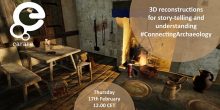
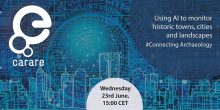
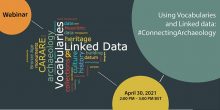
 If you have interesting news and events to point out in the field of digital cultural heritage, we are waiting for your contribution.
If you have interesting news and events to point out in the field of digital cultural heritage, we are waiting for your contribution.


